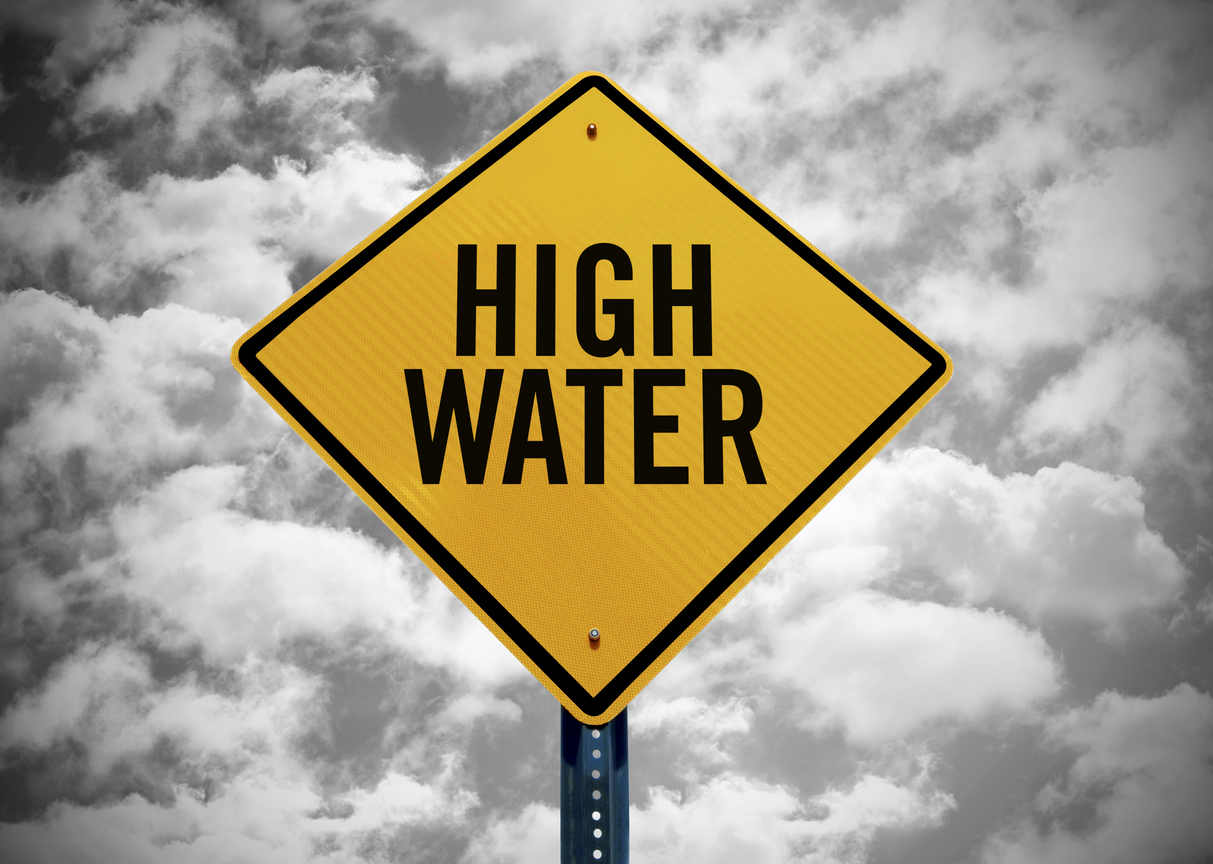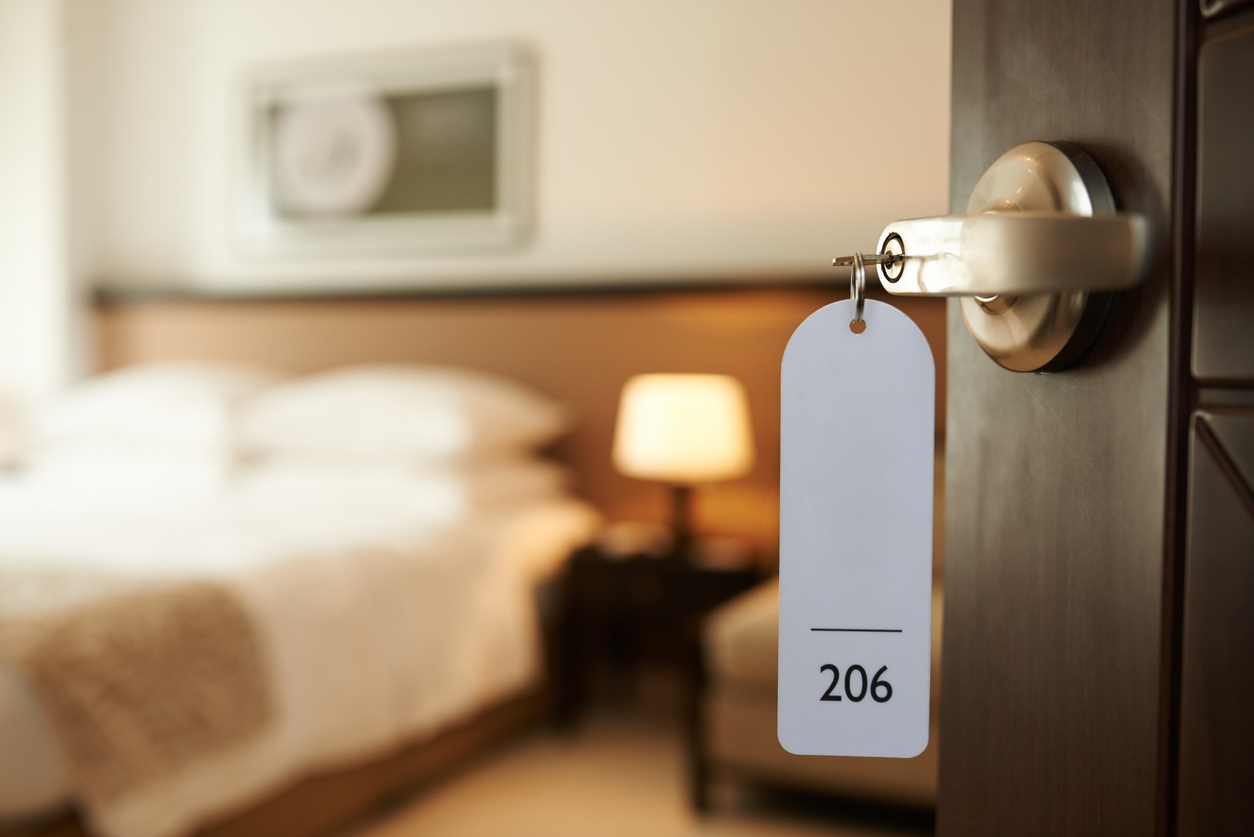Dwelling fire coverage is an insurance policy intended mainly for landlords. Its primary purpose is to protect owners from losses or personal injury claims related to their rental properties.
Dwelling fire insurance covers many potential risks such as structural damage, loss of use or rental income, and other forms of loss or damage. It shares many similarities with homeowners’ insurance, except that it is intended specifically for rental property owners instead of private homeowners.
Coverage of dwelling fire insurance
Dwelling fire insurance generally covers the amount necessary to rebuild the house if it is damaged completely after an incident or disaster. The value of the land where the property sits is not included in calculating how much insurance to get.
Some owners determine the necessary insurance coverage based on the property’s market or assessed value. But this usually isn’t an accurate indicator of the rebuilding cost. It is advisable to discuss these issues with a banker’s agent to determine how to calculate the cost of rebuilding the property.
Landlords should also get coverage for other structures, including sheds, fences, and other features apart from the house itself. And to protect personal belongings, appliances, furniture, and other items, getting property coverage is always a good idea.
Rental property owners can also purchase rental value or additional living expenses coverage. This covers the loss of rental income or losses resulting from the inability to use the house.
Another coverage that landlords may want to purchase is liability coverage, which covers the cost of treatment and legal fees arising from an injury claim. This can be purchased along with “medical payments to others” coverage, which helps pay for the hospital bills of visitors injured on the rental property.
Exclusions to dwelling fire insurance
Although dwelling fire insurance can protect rental property owners from damage or loss of income, it doesn’t cover all risk exposures. For example, sinkhole coverage, water back-up, and theft generally aren’t covered by these policies. Landlords interested in purchasing additional coverages for these risks should consult their insurance agent to determine the available options.
Keep in mind that dwelling fire insurance is specific to landlords or rental property owners. Tenants aren’t the primary beneficiaries of these insurance policies, so they should get renters’ insurance. This will help ensure that their personal belongings are protected from loss or damage if a fire or other disaster occurs.
Additional insurance options for landlords
To augment the coverages offered by dwelling fire insurance, landlords may wish to purchase the following add-ons:
Personal property replacement. This ensures that the property owner is compensated for the full value of lost or damaged property during an incident.
Sinkhole coverage. This covers loss or damage costs associated with sinkholes. Depending on the jurisdiction, the rental units may be subjected to a structural inspection.
Water back-up. This policy covers backed-up water systems, sump discharges, and overflows. Coverage includes losses due to water backing up through drains or sewers.
Ordinance/law coverage. Covers the additional costs necessary for carrying out construction, repairs, or demolitions required to comply with local laws or regulations.
Limited theft. This covers the cost of property that may be lost to theft. This policy does not cover tenant-owned property.
Equipment breakdown. This covers the cost of repairing or replacing equipment that breaks down. Most policies limit coverage to $100,000.
A note about flood insurance
Depending on where the property is located, there may be a significant flood risk. Because dwelling fire insurance is intended specifically for fires, a separate flood insurance policy might be necessary. Property owners unsure of whether they need this insurance should check a flood map to determine whether their area is in a low or high-risk zone.
It is important to note that floods can occur in places where they are least expected. They can also be caused by many different factors, not just torrential rain. Snow melting, mudflow, dam breakage, and impaired drainage systems can all cause floods, so property owners need to determine their risks and get the appropriate insurance if required.
Conclusion
Dwelling fire insurance is vital for ensuring protection against some of the most common risks that could occur with rental properties. They help preserve the value of the property and protect owners from severe financial losses. In some cases, they are the one thing that could spell the difference between being able to continue operating and losing a lucrative source of income permanently.
About Snyder Specialty
Snyder Specialty, LLC is a New York-based underwriting facility that provides a range of property and liability solutions for personal and commercial lines. Specializing in coastal properties and hard-to-place risks, Snyder Specialty expands your current capabilities with proven solutions for complex risks. Find out more about the company’s range of services by calling (718) 362-8039.



